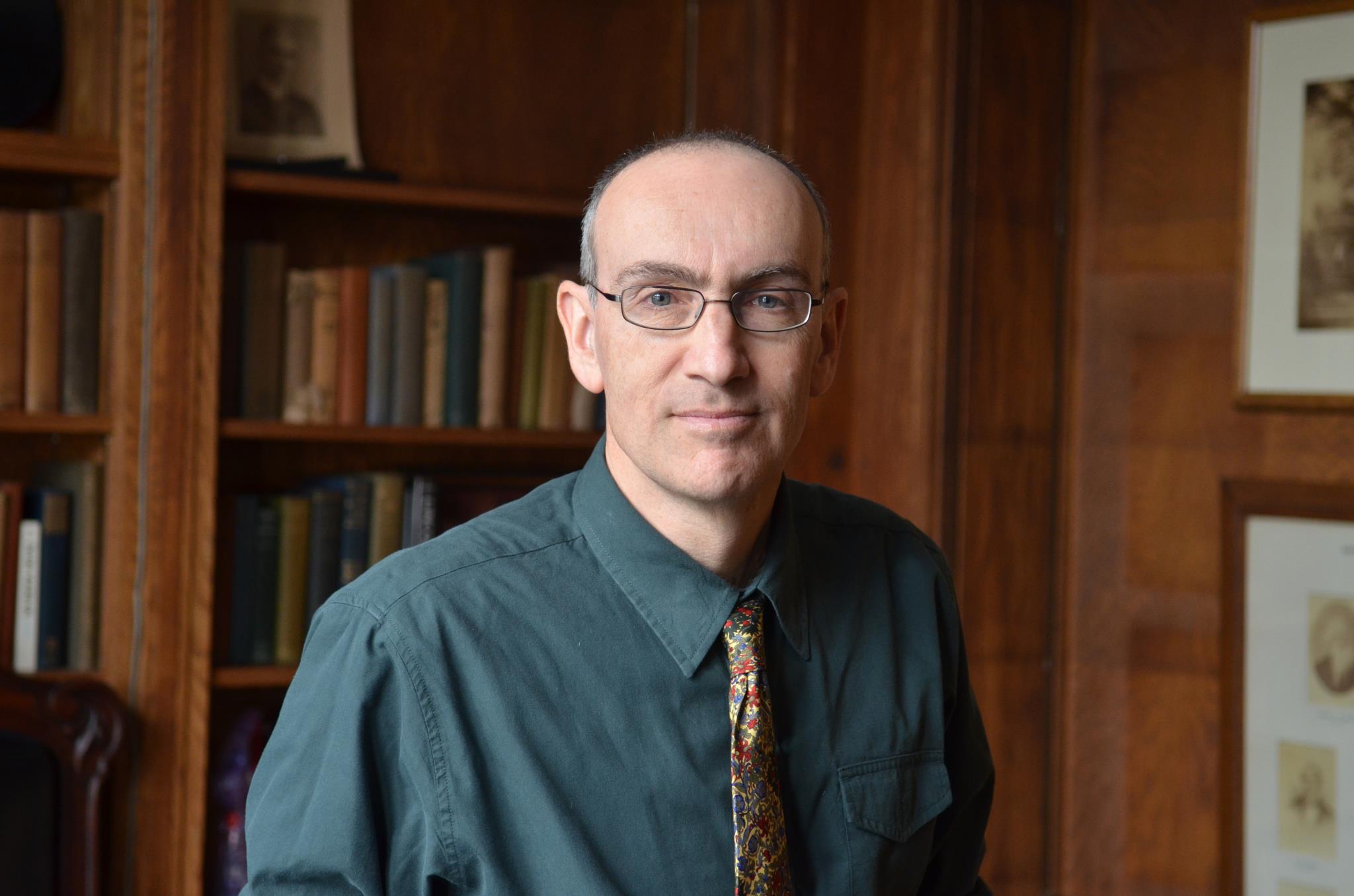
Yale News
As University Provost Ben Polak prepares to step down from his post at the end of this semester, Yale is embarking on a search process to fill the major administrative role.
Polak announced in an Oct. 1 email sent to faculty and staff that he would be leaving at the end of December, ending a seven-year tenure as Provost. In recent decades, only Allison Richards has served longer than Polak — from 1994 to 2002. In an interview with the News, Polak said that he had been considering leaving his post since this summer because he wanted to return to a teaching position, and felt that he had served the appropriate length of time in the role.
“It’s good to try to step down at a time when things look pretty stable and good … You don’t want to step down when there’s a bump in the road,” Polak said. “I think the timing is right because [Yale] is in great shape right now, and it’s going in a great direction.”
Polak assumed the role of provost in January 2013, when the University was suffering from a budget shortfall following the 2008 financial crisis. According to Polak, it was clear at the time that the University needed an economist to serve as provost in order to rectify the situation. While there were two other candidates for the post and Polak told University President Peter Salovey that they were better suited for the role, Salovey hired Polak. In the fiscal year 2014–2015, shortly after Polak’s appointment, Yale’s deficit turned into a surplus.
In the spring, Polak will teach Econ 159: Game Theory, a class he taught for several years before becoming provost. While Marina Halac was originally slated to teach the class, she told the News that her newly open schedule will allow her to focus on her research and recruiting for the economics major.
After leaving the position, several former provosts have assumed other administrative positions at the University. The past three Provosts –– including Salovey –– have become presidents of universities. But Polak will not follow in his predecessors’ footsteps, opting instead to return to full-time teaching as the William C. Brainard professor of economics and professor of management.
Polak told the News that he is aware of many provosts’ typical administrative trajectories, and that he is “more of the operations guy.” He prefers to work behind the scenes, which does not suit him for the University president’s role, Polak said.
“I’m not really a very good people person,” Polak said. “I’m happier with the spreadsheets and numbers.”
In a University-wide email earlier this month, Salovey said Yale will immediately begin search for Polak’s replacement.
According to University spokesperson Karen Peart, Salovey has invited professors to submit ideas for potential candidates and weigh in on what qualities they desire in a provost.
According to Polak, his successor must be able to work with Salovey because the job of the provost is to align the resources of the University to help accomplish the president’s vision for Yale.
“It has to be that the provost enjoys working with and respects the president, but more importantly, is enthused by the vision of the president,” Polak said.
Polak also said his successor must keep in tune with the amazing things happening at Yale. For him, walking the campus often gave him the energy to return to his spreadsheets.
Economics Chair Tony Smith told the News that Polak’s return to the department is great news, while Vice President and Vice Provost for Global Strategy Pericles Lewis said Polak has been outstanding in his work of setting Yale’s priorities.
“We are losing a leader with vision, strong command of all aspects of the academic enterprise and deep ethical commitment,” Lewis wrote in an email to the News. “But around the office, I will particularly miss his dry British sense of humor. Luckily, he remains on the faculty so our students can benefit more directly from his wisdom.”
Yale’s first Provost William Adams Brown served from 1919 to 1920.
Valerie Pavilonis | valerie.pavilonis@yale.edu







